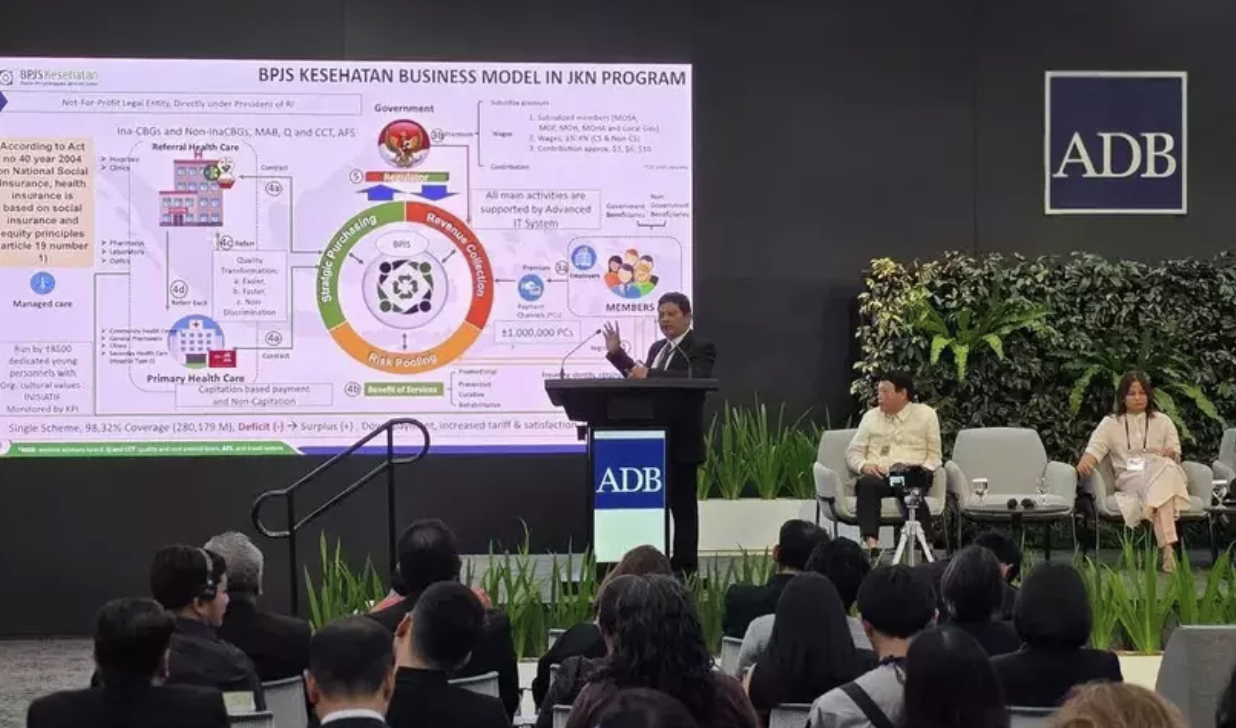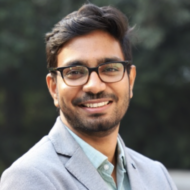Indonesia makes impressive progress towards universal health coverage in just 10 years, covering over 98 percent of its population through the Jaminan Kesehatan Nasional (JKN) Program, thanks to strong government commitment and collaboration among stakeholders. Badan Penyelenggara Jaminan Sosial (BPJS) Kesehatan continues to expand healthcare access and quality nationwide.
At the INSPIRE Health Forum in Manila, Ghufron Mukti, president director of BPJS Kesehatan, emphasized that government commitment is crucial for universal health coverage (UHC) through comprehensive health insurance. He highlighted that while countries in Asia have historically taken decades to achieve full health insurance coverage – Germany took 127 years – Indonesia accomplished this feat in just 10 years, now covering more than 98 percent of its population through the JKN Program. This rapid progress, especially for an archipelagic nation with the world’s fourth-largest population, is attributed to strong collaboration among regulators and stakeholders, making Indonesia a global reference in health insurance implementation.
Ghufron noted that the expansion of JKN membership must be matched by improved access to and quality of health services. BPJS Kesehatan has responded by significantly increasing its network of healthcare providers, partnering with over 23,000 primary health care facilities and more than 3,100 advanced referral hospitals by 2024. The program has also stimulated private sector growth, with over 66 percent of partner hospitals being privately owned and the number of collaborating hospitals rising by 88 percent from 2014 to 2024. To ensure equitable access, BPJS Kesehatan has extended services to remote areas, even contracting floating hospitals to reach populations previously underserved.
Ghufron stressed that true UHC is not only about coverage and access but also about maintaining high-quality services and participant satisfaction, ensuring that people can receive care anywhere in Indonesia regardless of their location. This commitment to a “borderless” approach to healthcare access demonstrates Indonesia’s ongoing efforts to strengthen its health system and serve as a model for other countries striving to make significant progress towards UHC.


